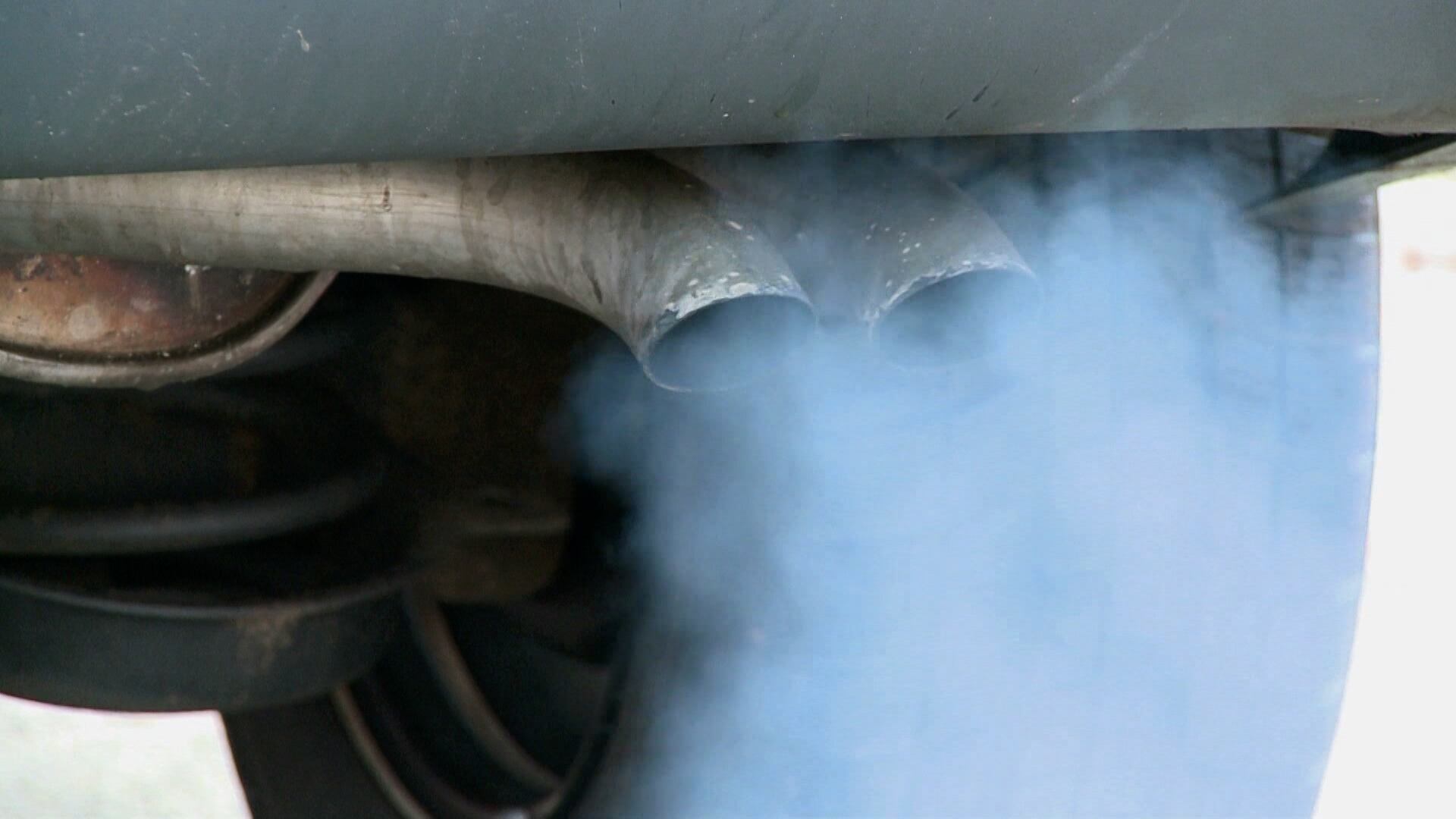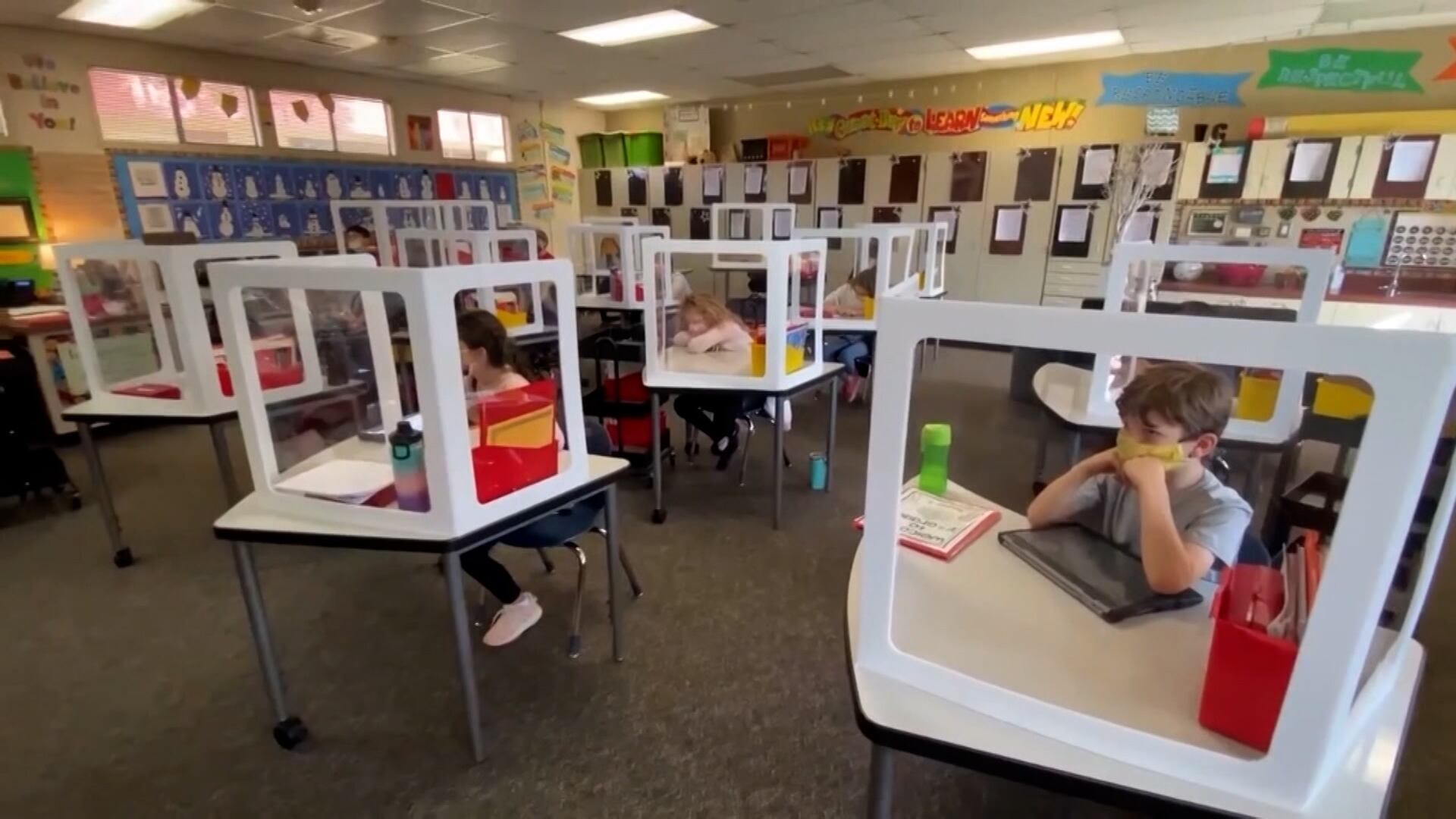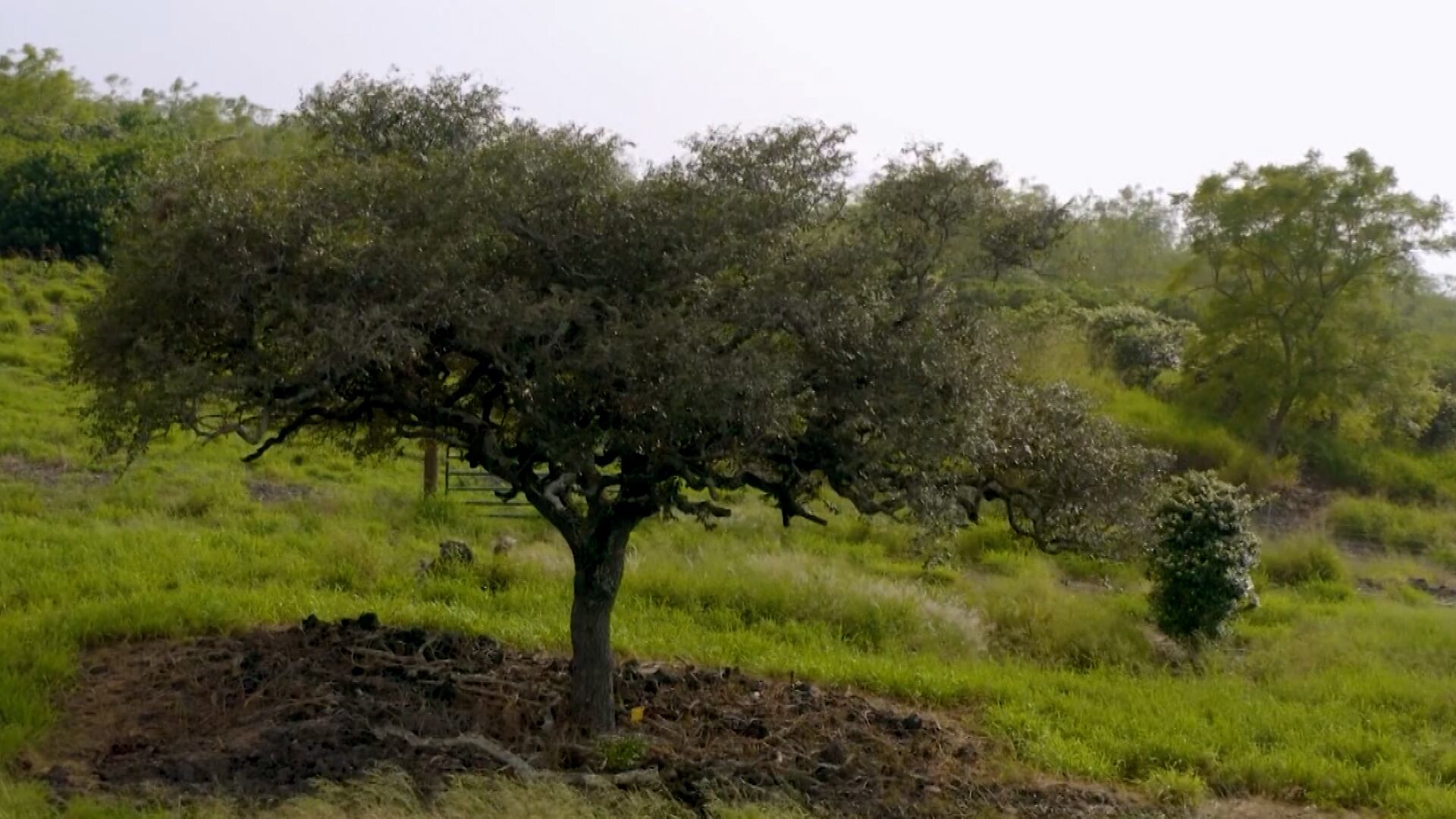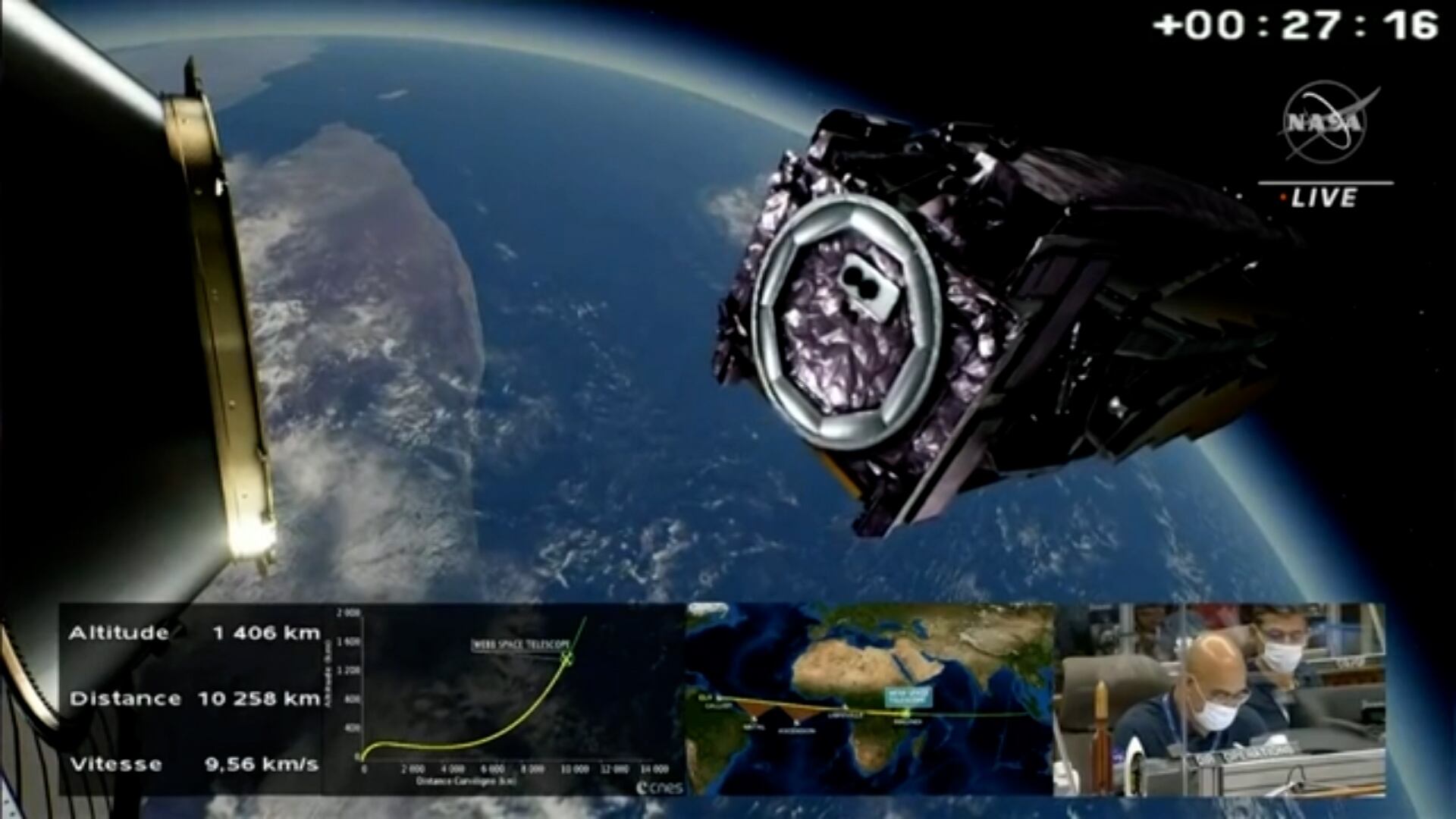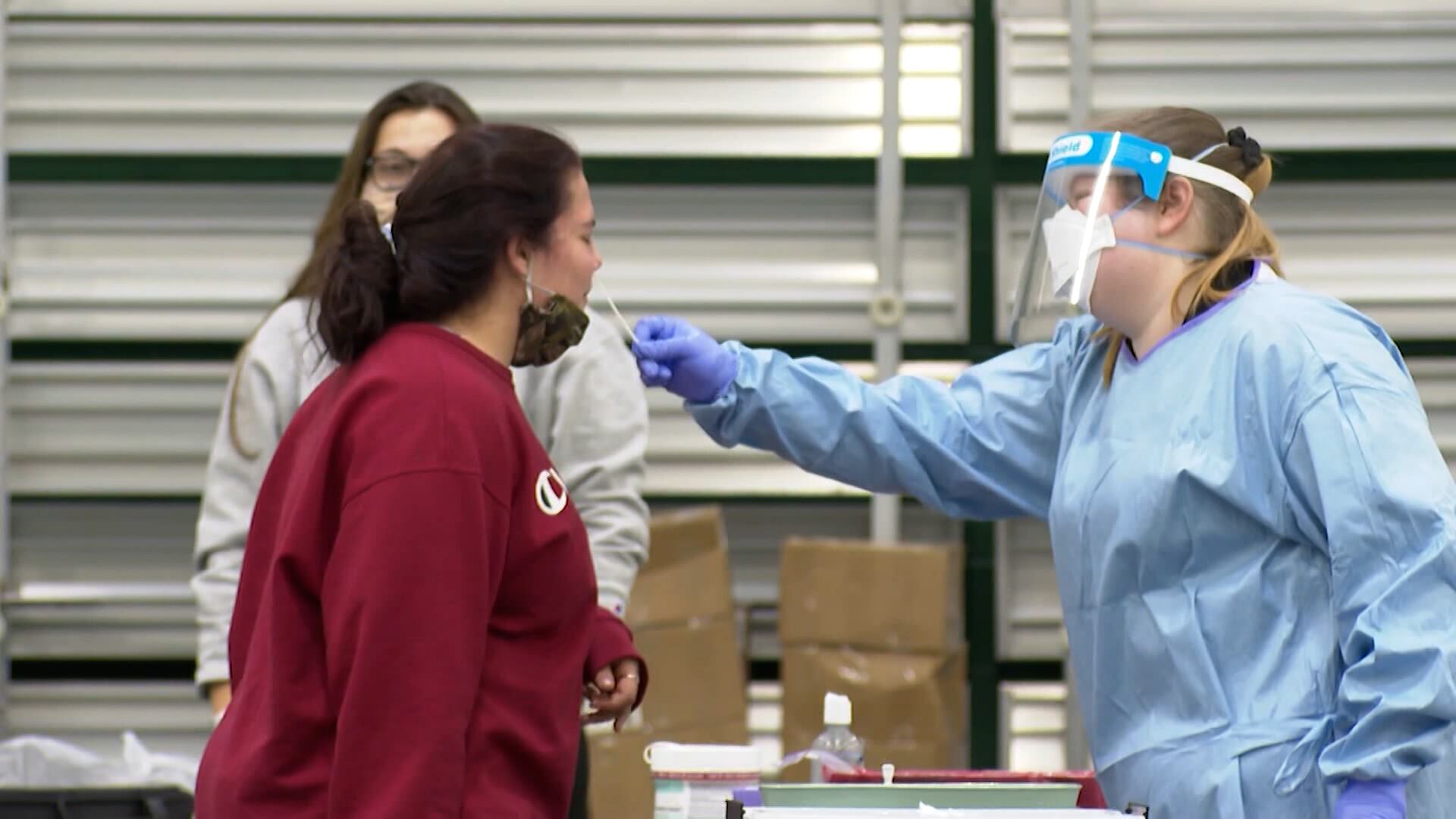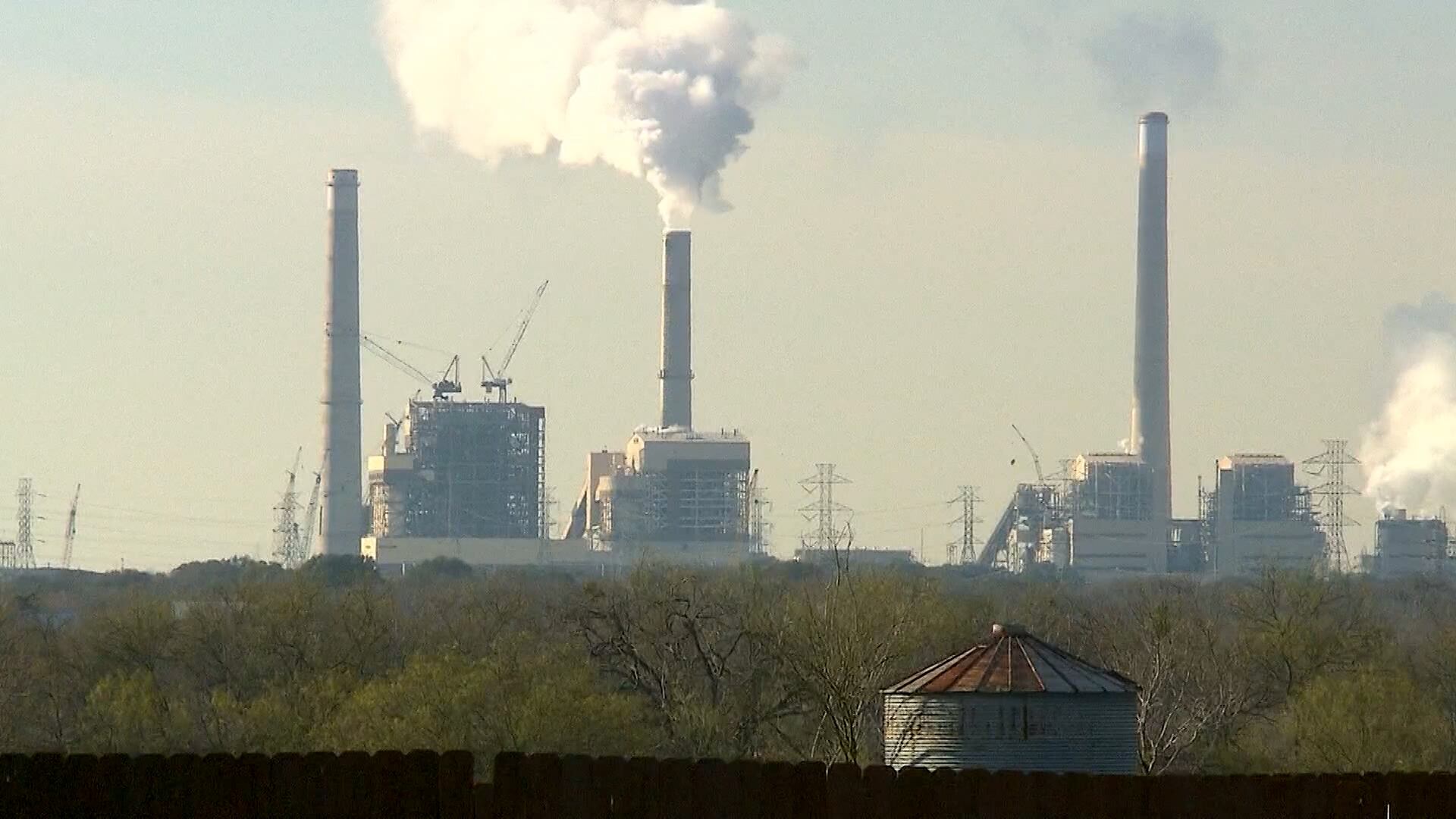By Arthur Brice and Freida Frisaro
The Florida Department of Health has issued a statewide mosquito-borne illness advisory after four locally contracted cases of malaria were reported along the Gulf Coast south of Tampa.
On Monday, a health alert issued by the Centers for Disease Control and Prevention also noted that another case has been detected in Texas, marking the first time there has been a local spread of malaria in the United States in 20 years.
The four residents in Sarasota County received treatment and have recovered, according to the state's Department of Health advisory. Malaria, caused by a parasite that spreads through bites from Anopheles mosquitoes, causes fever, chills, sweats, nausea and vomiting, and headaches. It is not spread person to person.
It's the threat of the mosquito-borne illness that concerns Kathleen Gibson-Dee, who lives on Terra Ceia Island, which is about 20 miles (32 kilometers) north of Sarasota County.
Even though no malaria cases have been reported in Manatee County, where Terra Ceia is located, Gibson-Dee said that she's now routinely using bug repellent while working in her garden.
“I don’t go out without it,” she told The Associated Press on Tuesday. “And we don't go out in the evening because you can see clouds and clouds of bugs now. They may not all be mosquitoes, but there’s certainly mosquitos out there.”
Another resident, Tom Lyons, says news of the malaria cases “makes me take mosquito protection a little more seriously."
The mosquito population thrives in Terra Ceia because "it's an island surrounded by a lot of shallow water and mangroves, and ideal places for mosquitoes,” Lyons said.
Officials in Manatee County have ramped up efforts to control the mosquito population.
Chris Lesser, director of the Manatee County mosquito control district, said they're primarily using helicopters to combat the mosquito population because they cover between 15,000 and 20,000 acres (6070 to 8082 hectares) in one night. A truck can only cover around 1,000 acres (404 hectares) a night, he said.
“We really want to focus on killing the adult mosquito before they have the opportunity to feed on one person that may be infected with malaria and then transmit that disease to a second person,” Lesser said.
He said the time frame for when a mosquito can become infected to when it can transmit the disease to a person is about 14 days.
“So we’re trying to get in there about once every seven to 10 days and really knock down the mosquito population. And that process will continue until the public health alert that we’re currently under is lifted,” Lesser said.
“It's a curtain,” he continued. “We're trying to keep the malaria mosquitos from coming into our county through our southern border by using aggressive mosquito control activities.”
Officials in Sarasota County area also using similar tactics to control mosquitos, the county's health department said in an advisory.
The initial malaria advisory was issued in Sarasota County after the first case was reported in late May. That was followed by a second case, and then two more, said Jae Williams, the press secretary for the Florida Department of Health.
“As soon as it crossed over from one to two confirmed cases, it progressed to an alert,” Williams said, comparing it to the system of issuing a hurricane watch versus a hurricane warning — when a storm is imminent.
“Listen, the conditions are favorable," Williams continued. "It's not just some rogue one mosquito. People need to be paying attention.”
Williams said health officials are being proactive.
“We know we are going into the Fourth of July holiday. We know the summer’s only getting hotter and wetter over the next couple of months,” Williams said. “So we just wanted to give Floridians a big kind of heads up, put the whole state on notice.”
About 2,000 U.S. cases of malaria are diagnosed each year — the vast majority in travelers coming from countries where malaria commonly spreads.
Since 1992, there have been 11 outbreaks involving malaria from mosquitoes in the U.S. The last one occurred in 2003 in Palm Beach County, Florida, where eight cases were reported.
Frisaro reported from Fort Lauderdale, Florida.
